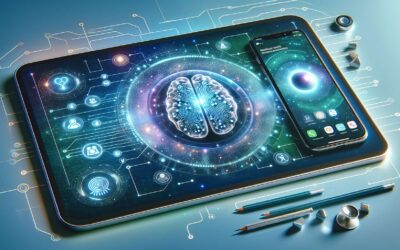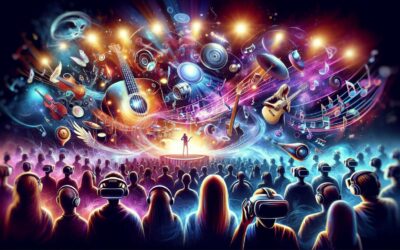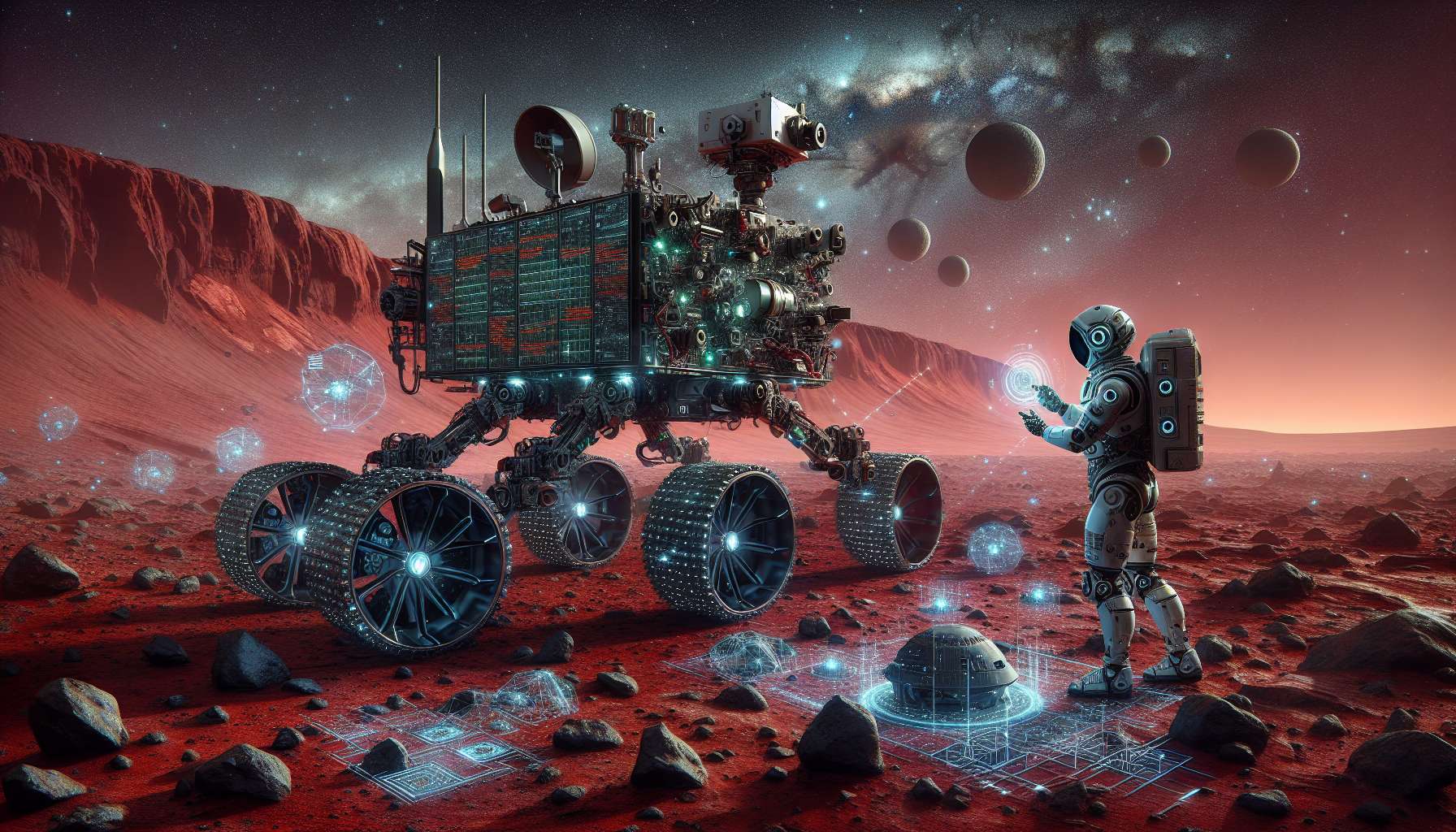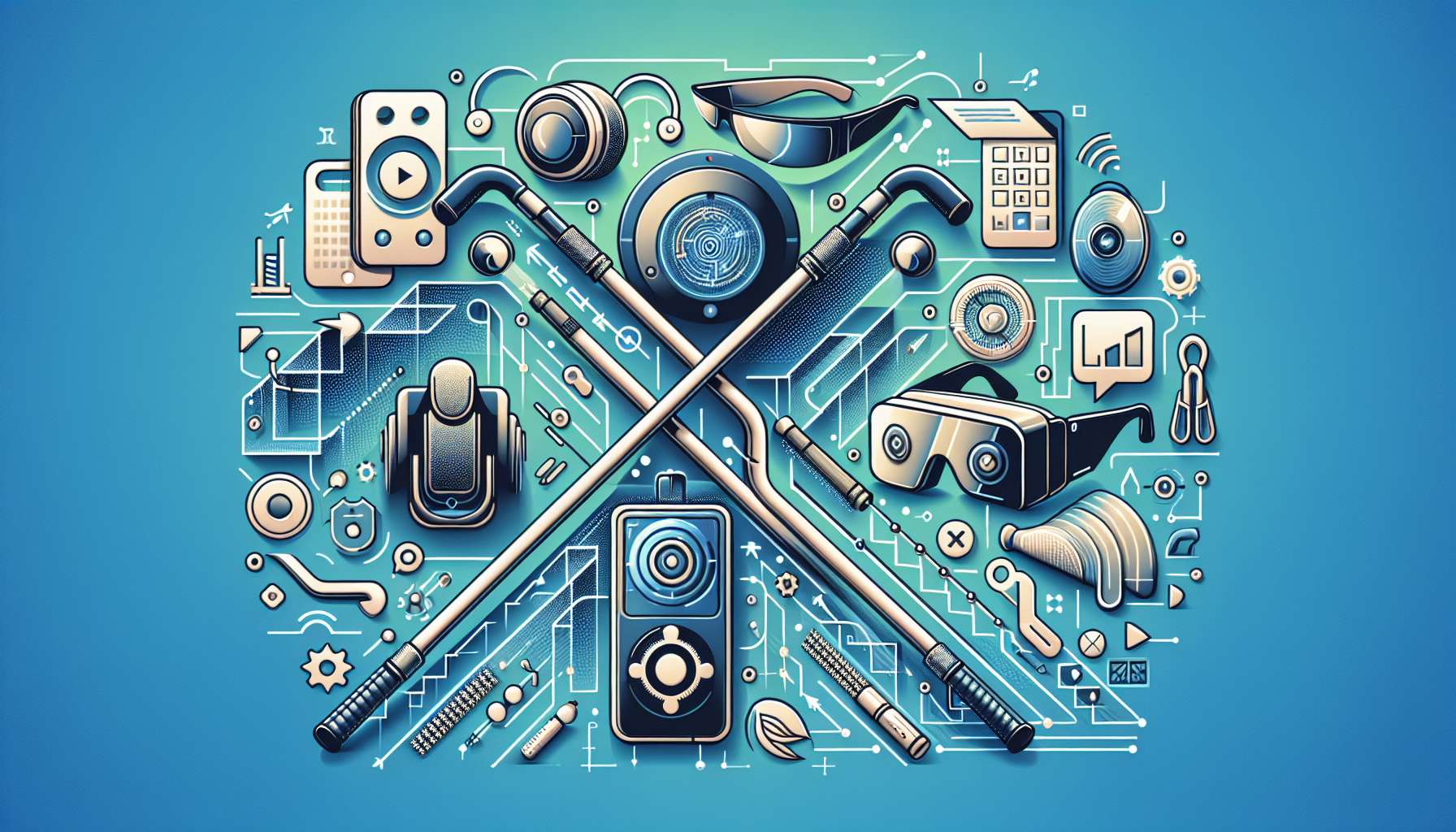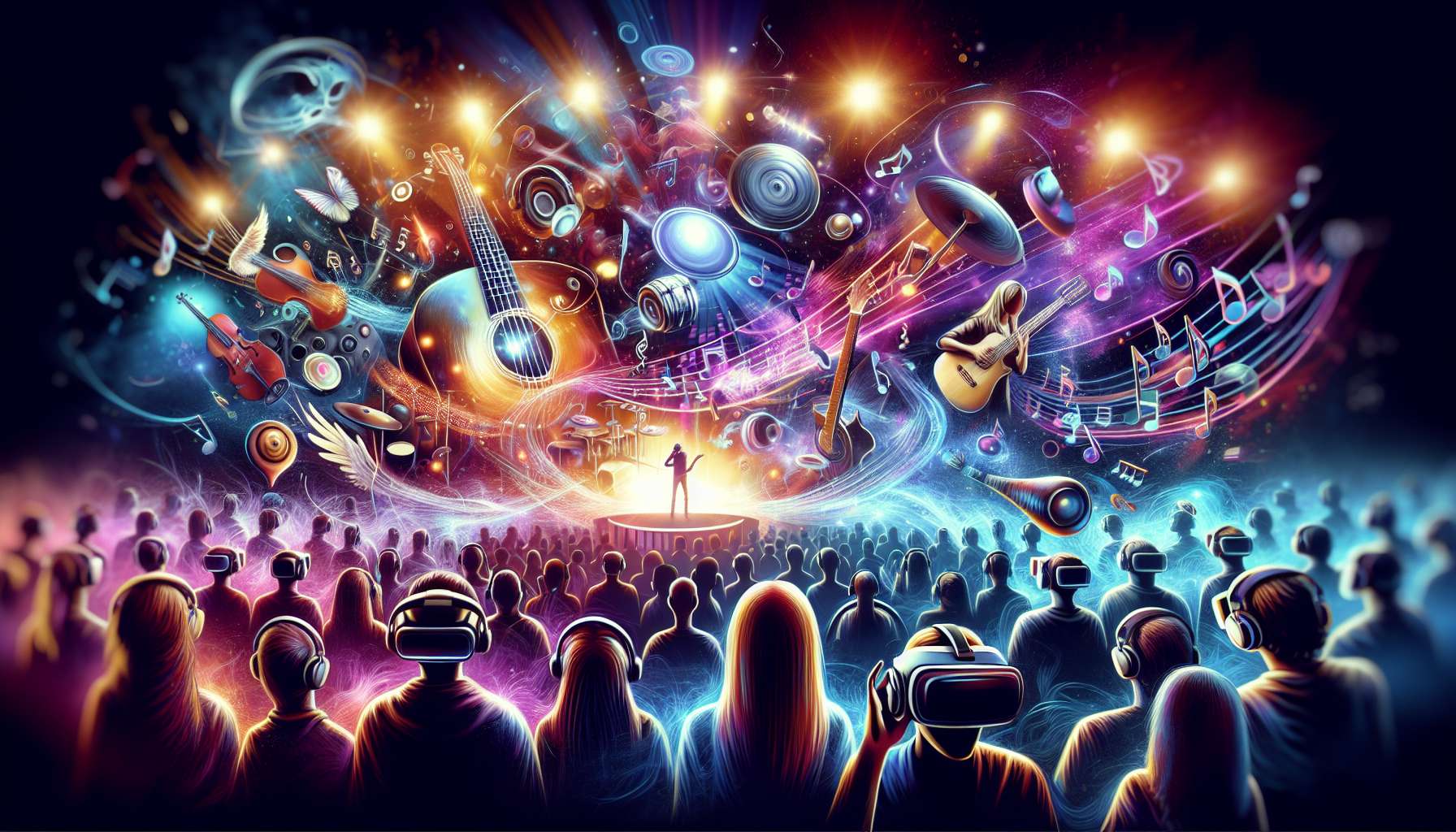Introduction
Space exploration has always been a fascinating field, pushing the boundaries of human knowledge and capabilities. Over the years, advancements in technology have played a crucial role in enabling us to explore the vastness of space. One such technology that has revolutionized space exploration is Artificial Intelligence (AI). From assisting astronauts to controlling Mars rovers, AI has become an indispensable tool in our quest to understand the universe.
AI in Astronaut Assistance
When astronauts embark on space missions, they face numerous challenges that require quick thinking and problem-solving skills. AI has proven to be a valuable asset in assisting astronauts during their missions. One example is the use of AI-powered virtual assistants, such as CIMON (Crew Interactive Mobile Companion), on the International Space Station (ISS). CIMON can understand and respond to voice commands, providing astronauts with information and guidance in real-time. This not only enhances efficiency but also reduces the workload on astronauts, allowing them to focus on critical tasks.
Furthermore, AI algorithms can analyze vast amounts of data collected during space missions, helping astronauts make informed decisions. These algorithms can detect patterns, identify anomalies, and predict potential risks, enabling astronauts to take necessary precautions. AI also plays a crucial role in monitoring the health and well-being of astronauts, analyzing their vital signs and providing early warnings for potential health issues.
AI in Mars Rovers
Mars exploration has been a significant focus of space agencies worldwide, and AI has played a pivotal role in the success of Mars rovers. Rovers like Curiosity and Perseverance are equipped with AI systems that allow them to navigate and explore the Martian terrain autonomously. These AI systems use computer vision and machine learning algorithms to analyze images and make decisions based on the surroundings. This autonomy enables the rovers to adapt to unexpected situations and explore areas that were previously inaccessible.
AI also helps in optimizing the efficiency of Mars rovers. By analyzing data from various sensors and instruments, AI algorithms can prioritize scientific objectives and plan the most efficient routes for exploration. This not only saves time but also maximizes the scientific output of the missions.
The Future of AI in Space Exploration
As AI continues to advance, its role in space exploration is expected to expand further. Future missions to other celestial bodies, such as the Moon or even beyond our solar system, will heavily rely on AI technologies. AI-powered robots and spacecraft will be able to perform complex tasks autonomously, reducing the need for constant human intervention.
Moreover, AI can assist in the search for extraterrestrial life. By analyzing data from telescopes and space probes, AI algorithms can help identify potential signs of life in distant planets or moons. This could potentially revolutionize our understanding of the universe and our place within it.
Conclusion
Artificial Intelligence has become an indispensable tool in space exploration, assisting astronauts and enabling autonomous exploration of celestial bodies. From providing real-time assistance to astronauts on the ISS to enhancing the capabilities of Mars rovers, AI has proven its worth in pushing the boundaries of our knowledge about the universe. As AI continues to evolve, its role in space exploration will only become more significant, opening up new possibilities for scientific discovery and exploration.

